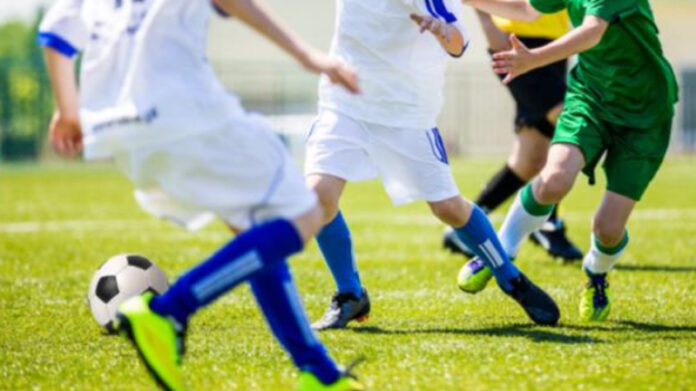Some people are born to play contact sports. They have the natural ability to withstand pain and they love the physicality of the sport. However, many people don’t have the same natural ability and they need to be more careful when playing contact sports.
In this article, we’re going to look at what you need to know before playing contact sports. We’ll also give some tips on how to stay safe while playing sports.
So, if you’re thinking about playing contact sports, or if you’re already playing sports and you want to be more informed, read on.
What are contact sports?
Contact sports are physical sports in which players come into contact with each other. This can include sports like rugby, American football, hockey, and lacrosse.
In some contact sports, such as rugby and American football, the contact is intentional and is part of the game. In others, such as hockey and lacrosse, the contact is not intentional but can still occur.
What sports are considered contact sports?
There is no definitive answer to this question as it can vary depending on whom you ask. However, some of the most commonly cited contact sports include rugby, American football, hockey, and lacrosse.
Why do people play contact sports?
There are many reasons why people play contact sports. Some people enjoy the physicality of the sport and the feeling of being in a competitive environment. Others enjoy the camaraderie that comes with being part of a team. And for some people, playing contact sports is a way to release pent-up energy or aggression.
Whatever the reason, contact sports can be enjoyable and rewarding. But it’s important to remember that they are also physical activities that come with some risks.
What are the risks of playing contact sports?
The most common injury in contact sports is a concussion. A concussion is a type of brain injury that can occur when the head comes into contact with an object, or when the head and neck are suddenly jarred.
Concussions can cause a variety of symptoms, including headaches, dizziness, nausea, and difficulty concentrating. In severe cases, concussions can lead to memory problems, personality changes, and even depression.
While concussions are the most common type of injury in contact sports, they are not the only type of injury that can occur. Other injuries, such as broken bones, ligament damage, and dental injuries, can also occur.
How can I stay safe while playing contact sports?
There are a few things you can do to stay safe while playing contact sports. First, make sure you wear the proper equipment. This includes wearing a sports mouthguard to protect your teeth and gums.
Second, be aware of the risks involved in the sport you’re playing. If you’re unsure about something, ask a coach or another player.
And third, always follow the rules of the game. This will help to minimize the risk of injury.
Playing contact sports can be a great way to stay active and have fun. But it’s important to remember that they are also physical activities that come with some risks. By taking the proper precautions, you can help to reduce your risk of injury.
How to start playing contact sports
If you’re thinking about playing a contact sport, the best way to get started is to find a local league or team. You can also check with your local recreation center or YMCA. They may have information about leagues or teams in your area.
Once you’ve found a league or team, the next step is to sign up. You’ll likely need to fill out some paperwork and pay a registration fee.
After you’ve registered, you’ll be able to start practicing with your team. And once you’re ready, you’ll be able to start playing games.
Do you have what it takes to play a contact sport?
Before you decide to play a contact sport, it’s important to ask yourself if you’re physically and mentally prepared for the challenge. Contact sports are physical activities that require a certain amount of fitness and stamina.
They also require quick reflexes and the ability to think quickly on your feet. If you’re not sure if you’re ready for the challenge, talk to a coach or another player. They can help you assess your abilities and decide if playing a contact sport is right for you.






